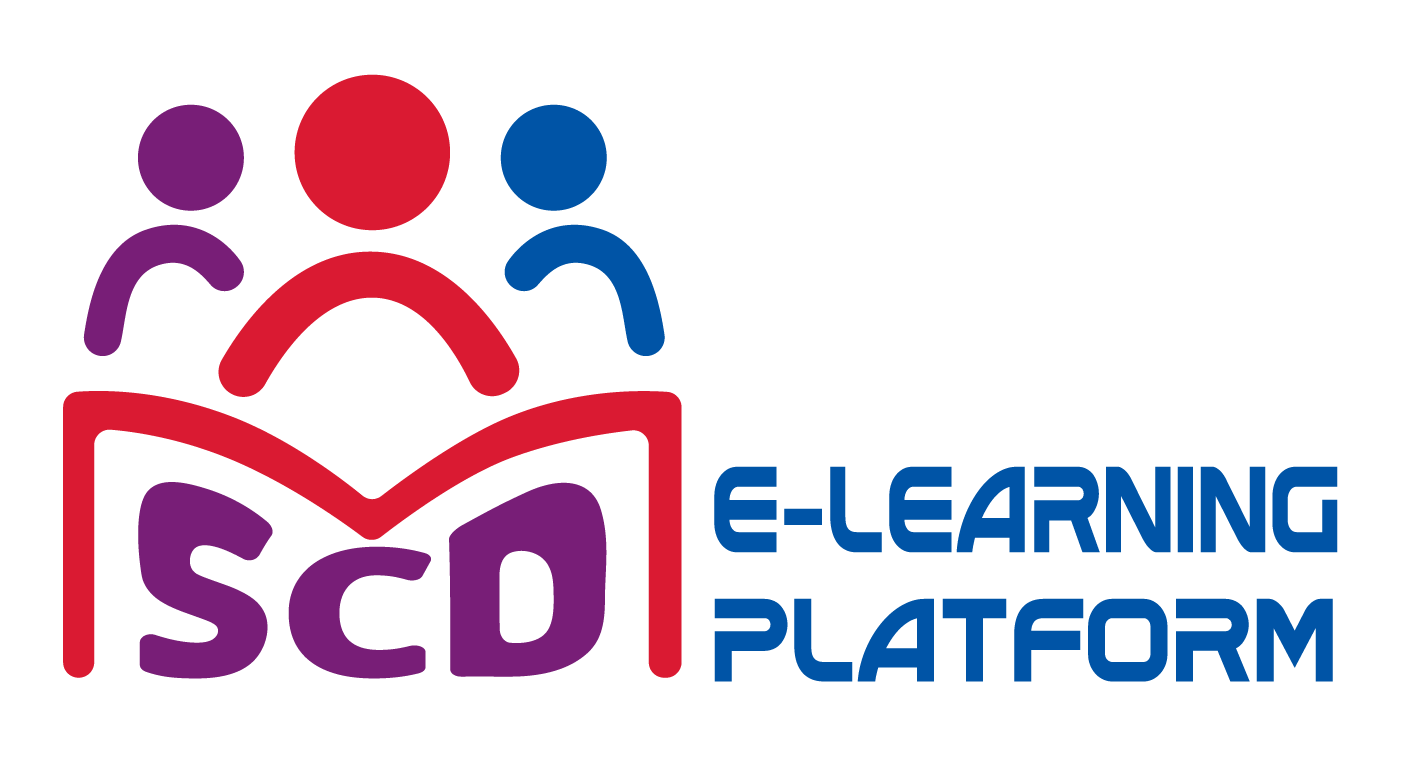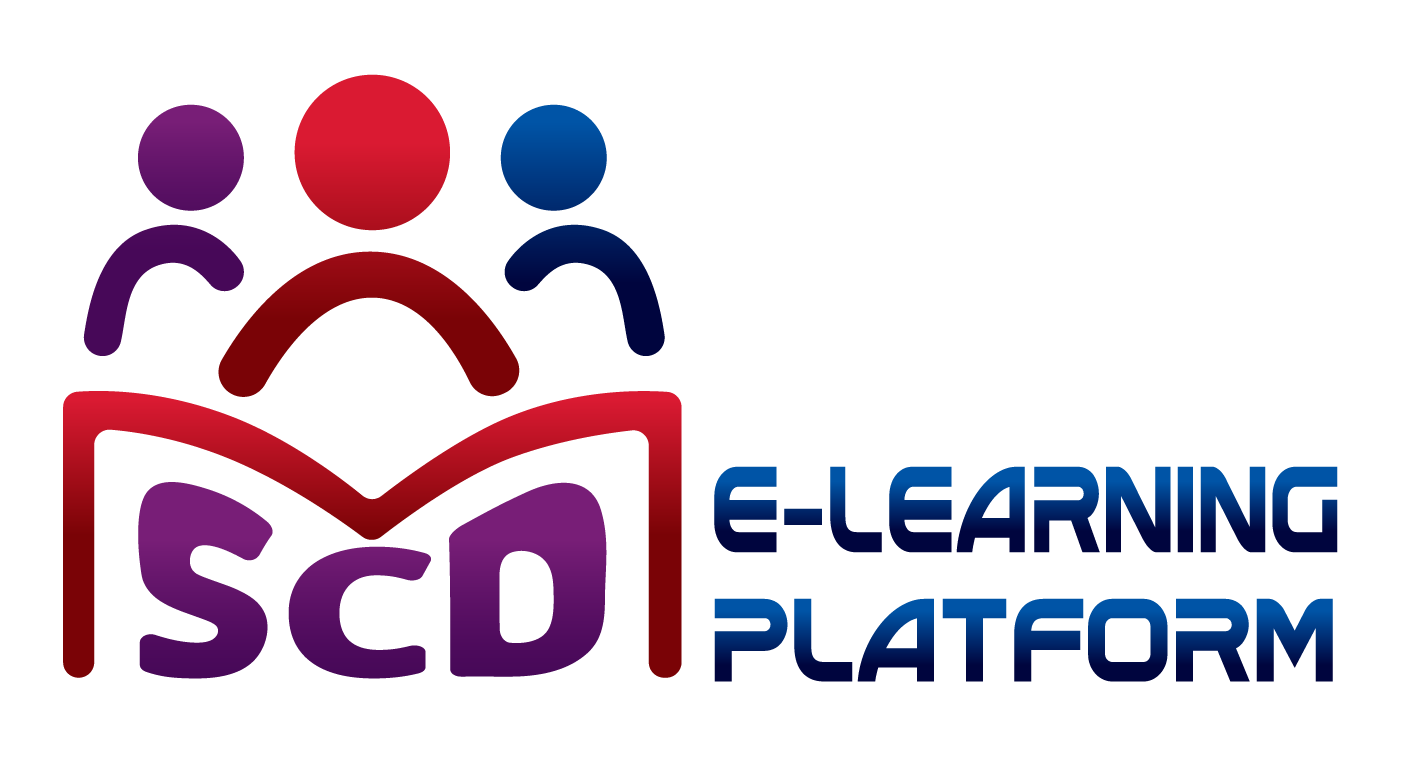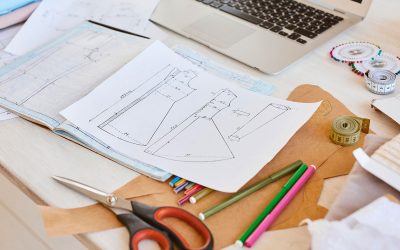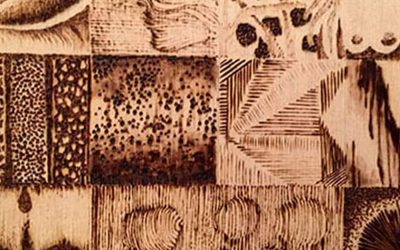Overview
Schedule
Garment Construction (GC1) – Friday 5:00 p.m. – 7:00 p.m. & Saturday 1:00 p..m – 3:00 p.m.
Course start – August 6th, 2021
Introduction
This course introduces the basic principles of garment construction applied through the use of commercial patterns. Elements of design and its application using the principles of design are covered. Participants will be able to select appropriate fabric for clothing, take proper measurements, and sew basic complete garments.
Motivation
This course is designed to develop the participants with the knowledge and skills to equip them with the tools necessary enabling them to develop marketable skills, become employable, encourage entrepreneurial development and the use of best practices.
Participants are provided with opportunities to equip themselves with the knowledge, skills and competencies required to generate an income and become self-sustainable
Objectives
The aim of this course is to provide participants with the basic knowledge, skills and techniques required to sew garments either professionally or on a personal level.
At the end of this course, trainees should be able to:
- Identify, draft and construct basic garments
- Demonstrate the use of equipment, tools and supplies for clothing construction
- Identify different types of fabrics
- Perform repairs and adjustments to garments
Entry Requirements
Individuals interested in participating must be fifteen (15) years and over and possess:
- Two (2) valid forms of picture Identification (Identification Card / Passport)
- A digital device and internet access for virtual learning
- A sewing machine
Course Structure
| Course Codes | Course Titles |
| Level I | Garment Construction |
| GC1 |
Course Modules
N.B Each Module consists of two (2) classes/ four (4) hours
- Module 1: Day 1- Introduction to Garment Construction/Tools & Equipment; The Sewing Machine- Parts, attachments, accessories, Proper
Operation and Maintenance; Health & Safety
Assignment #1 stitch sample
- Module 1: Day 2- Measurements/ Identify types of fabrics, their sources and Properties, Draft patterns/ Construction techniques – Straight Stitch, Dart, Zips
Assignment # 2- Draft a Straight Skirt and Submit pattern.
- Module 2: Day 3 – Construction of Straight Skirt –
- Day 4 – Modification of Straight Skirt – Introduction to the Gore, Flair and Gather Skirt
- Module 3: Day 5 – Hand Stitches/ /Zigzag and Buttonhole; Pattern Drafting – the simple Blouse – Submission of pattern.
- Day 6 – Drafting andSetting Blouse Collar and Sleeve. Blouse cutting and construction
- Assignment #3 – Submission of Completed skirt and blouse with patterns ( to be assessed and graded)
- Module 4: Day 7– Review skirt and blouse. Introduction to Dressmaking – Pattern Drafting and Cutting
Day 8– Complete construction of the Basic Dress
- Module 5: Day 9 – Review – Construction of the Basic Dress and Modifying the Basic Dress Pattern – Princess, Flair and Pleat patterns.
Day 10 – Modify Dress Pattern cont’d – Flair and Pleat
- Module 6: Day 11 – Dress Pants Construction – Pattern Drafting and cutting; Zipper and Pockets cutting and assembly.
Day 12 – Review – Pants pattern; cutting and construction of a simple dress pants
- Assignment #3 – Submission of Completed Dress with patterns ( to be assessed and graded)
- Module 7: Small Entrepreneur Development- Financial Management of Small Business
- Assignment #4 – Developing Final Evaluation/Assessment – Presentation of Portfolio/Videos
- Module 8: Day 15 Simple alternation
Day 16 – “Completing the Look” – Accessories and Fabric upcycling
- Module 9: Day 17 – “Construction of a gent’s shirt – Pattern Drafting, cutting
Day 18 – “construction of a simple gent’s shirt
- Module 10: Day 19 – “Review – and completion of the construction of a simple gent’s shirt /simple skirt/ blouse, dress and pants
- Final Evaluation/Assessment – Presentation of Portfolio/Videos
Course Cost
Tuition is free of charge, but trainees are required to provide their own training materials and equipment.
Assessment Structure Continuous assessment is learner-focused and reduces anxiety with respect to the finality of testing. A model of continuous in-course assessment is proposed for this course. Trainees will be assessed at different intervals over the duration of the course. This assessment method, therefore, enhances learning since trainees will be able to remediate weaknesses before each module ends.
Curriculum
-
Course Lessons
- Garment Construction (GC1 August intake) Module 1 Day 1
- Garment Construction (GC1 August intake) Module 1 Day 2
- Garment Construction (GC1 August intake) Module 2 Day 3
- Garment Construction (GC1 August intake) Module 2 Day 4
- Garment Construction (GC1) August intake Module 3 Day 5
- Garment Construction (GC1) August intake Module 3 Day 6
- Garment Construction (GC1) August intake Module 4 Day 7
- Garment Construction (GC1) August intake Module 4 Day 8
- Garment Construction (GC1) August intake Module 5 Day 9
- Garment Construction (GC1) August intake Module 5 Day 10
- Garment Construction (GC1) August intake Module 6 Day 11
- Garment Construction (GC1) August intake Module 6 Day 12
- Garment Construction (GC1) August intake Module 7 Day 13
- Garment Construction (GC1) August intake Module 7 Day 14
- Garment Construction (GC1) August intake Module 8 Day 15
- Garment Construction (GC1) August intake Module 8 Day 16
- Garment Construction (GC1) August intake Module 9 Day 17
- Garment Construction (GC1) August intake Module 9 Day 18
- Garment Construction (GC1) August intake Module 10 Day 19
- Garment Construction (GC1) August intake Module 10 Day 20




